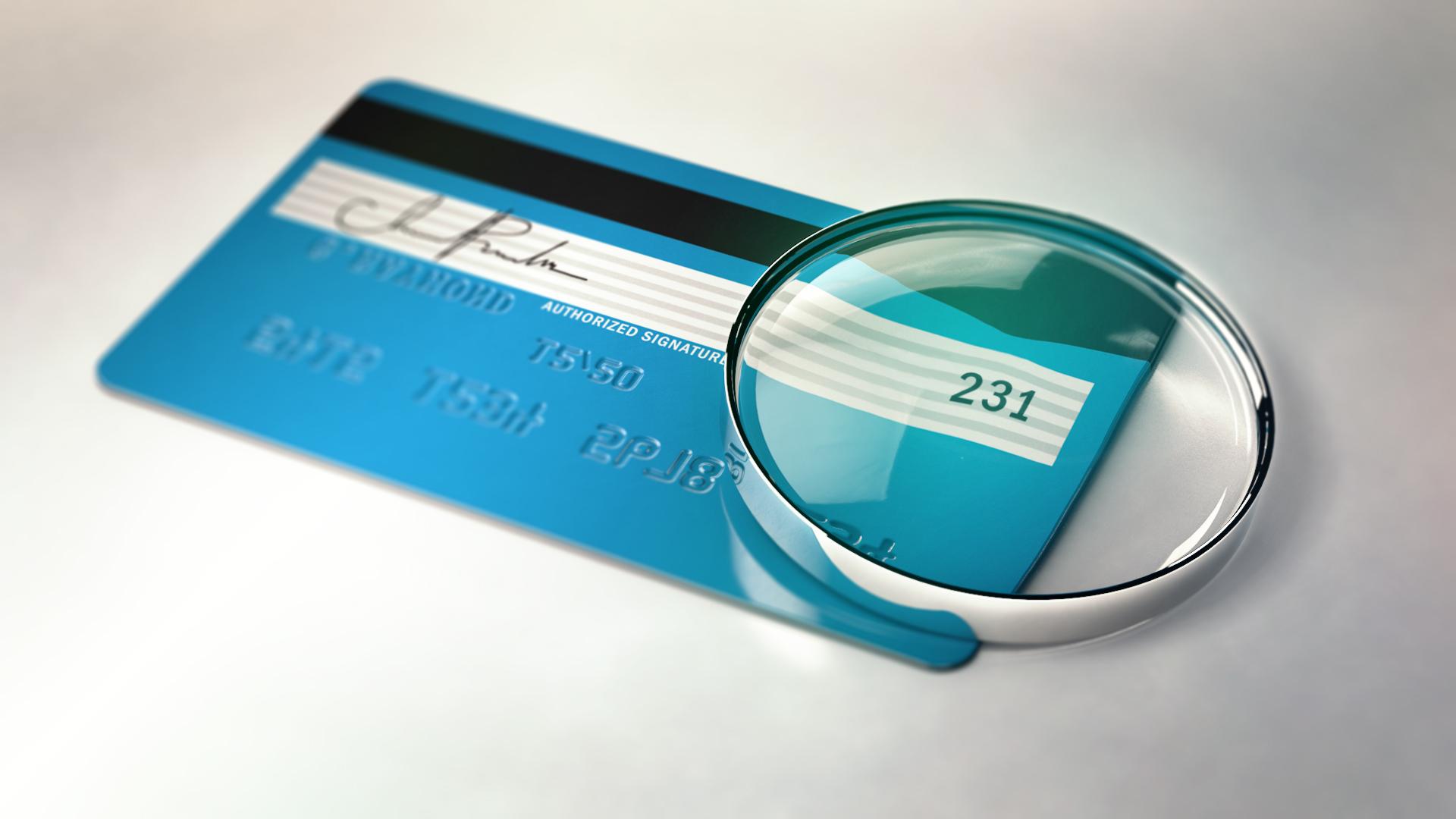Apart from the card number itself, the CVV is one of the most important numbers on your credit or debit card. This three or four-digit code is designed to prevent fraud and keep your credit card secure. As of this day, most credit and debit cards issued have a CVV. This is why we have brought you this article that covers
all that you need to know about CVV Meaning, Purpose & More.
Continue reading…
[toc]
-
What is the CVV Code on a credit card?
The CVV number is a three- or four-digit code that is printed on your credit card as a fraud-prevention measure. When you give this number for an online or phone purchase, the merchant will submit the CVV when it authorizes the transaction. It is an attempt to verify that you have the physical card in your possession and that you are not just using stolen card information.
-
What does CVV stand for?
CVV stands for Card Verification Value but can serve as a universal term for the security code on credit cards. Each credit card company has its own name for it, such as CVV2, that stands for Card Verification Value Code; CSC, for Card Security Code; CVC or CVC2, for Card Verification Code; or CID, that stands for Card Identification Number, according to card issuer Discover.
-
Where can you find your credit card CVV Number?
The Visa, Mastercard, and Discover security codes are three digits long. The code appears on the back of your card, to the right of the signature panel. You might see a part of or all of your credit card account number preceding it. The American Express security code (also known as Card Identification Number, or CID) is four digits long and appears on the front of your card, to the upper right of your account number.
-
What is the purpose of CVV numbers?
The importance of CVV numbers lies in how your credit card information is stored by merchants. Merchants that handle credit card transactions are allowed to store your card data (with your permission) so you don’t have to type it in again every time you buy something from the site. However, if your card information is stored, it has the potential to be stolen in one of the data breaches that have become common.
The CVV number adds another layer of protection. Due to security standards in the payment industry, merchants are prohibited from storing CVV numbers. That way, even if a database is compromised, hackers will still not have the CVV and will not be able to use the stolen card numbers anywhere that requires the code.
This leads to the question of why sites that handle recurring payments, such as retailers like Amazon or subscription services like Netflix, can process payments on a stored credit card without you having to re-enter your CVV every time. These sites generally ask you for your CVV when you first use a card. From then on, they treat that card as valid for your account. But if your data is stolen, the CVV will not be included with it, so it will be of limited use elsewhere.
-
What are the limitations of credit card CVV?
As you have probably noticed, not all merchants require you to enter a CVV. Transactions can be authorized without it. A crook who has your card number and expiration date could use the information for such transactions.
CVVs also are susceptible to phishing attacks, when scammers use fraudulent emails or copycat websites to trick cardholders into sharing sensitive information, including security codes. A common scam is spoofed texts or phone calls that look like they come from your credit card company and ask for your CVV to verify a recent purchase. If you receive a similar communication, ignore it and call your credit card issuer. A scammer may ask you for your credit number as well as your CVV or might obtain your credit card account number and use that information to lure you into giving your CVV. Be sure to keep your personal data and account numbers safe from phishers, and learn to recognize the most common scams.
-
How can you protect your credit card CVV?
Here are four tips that will help you in safeguarding your credit card CVV:
- Do not post photos of your credit card, including the CVV, on Facebook, Twitter or other social media platforms.
- Install anti-virus software on your computer that will shield credit card information, including the CVV, from scammers when you are shopping online. Among Eaton-Cardone’s recommendations are Webroot SecureAnywhere AntiVirus, Bitdefender Antivirus Plus, Kaspersky Anti-Virus, AVG AntiVirus, Avast Free Antivirus and Norton AntiVirus Basic.
- Ignore any unsolicited request for sensitive credit card data, including the CVV. Do not respond to or click on links in emails from unfamiliar sources.
- Look for signs of security. Shop on websites that are equipped with secure sockets layer technology, which validates the identity of a website and encrypts transmitted data. An SSL site will have a padlock to the left of the URL, an https URL prefix rather than an http prefix, as well as an SSL seal usually in the footer, near the site’s copyright information. Some sites have extended validation SSL certificates – an SSL certificate requiring encryption and data integrity – that feature green text or green background in the address bar.


